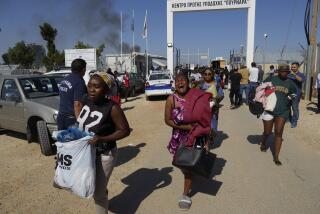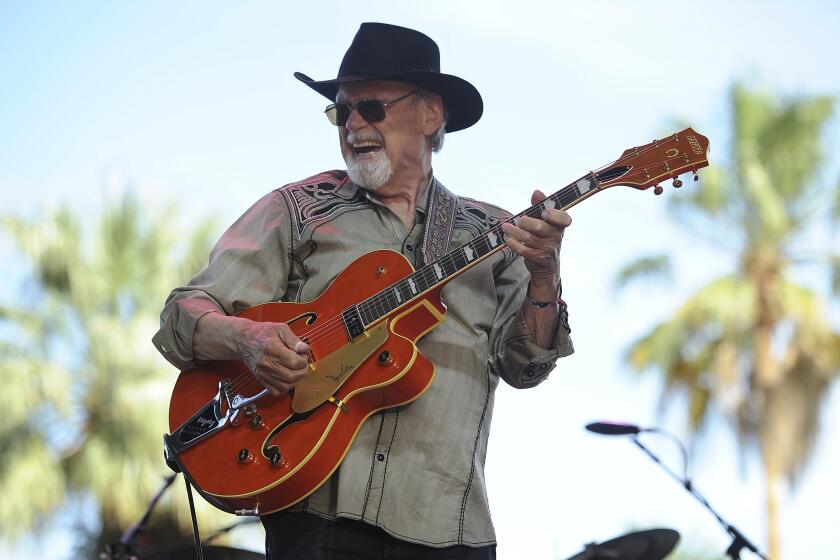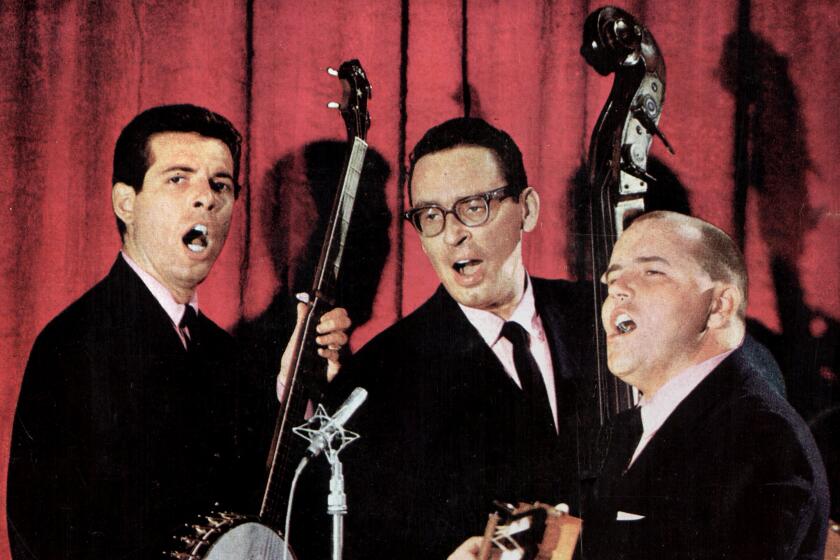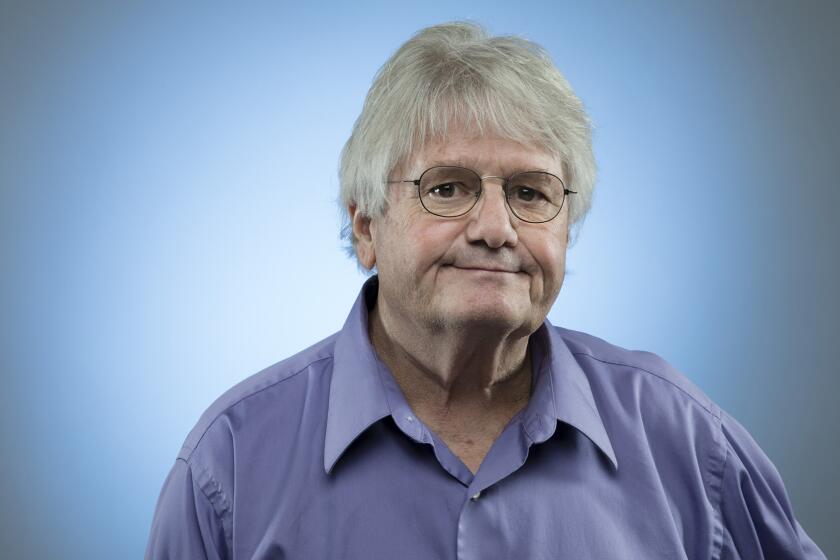Rauf Denktash dies at 87; former Turkish Cypriot leader
Reporting from Nicosia, Cyprus -- Rauf Denktash, the former Turkish Cypriot leader whose determined pursuit of a separate state for his people and strong opposition to the divided island’s reunification defined a political career spanning six decades, died Friday. He was 87.
Denktash, who had a stroke in May, died of multiple organ failure at a hospital in the Turkish Cypriot north of Nicosia, said Dr. Charles Canver, who had treated his heart condition.
His death comes in the middle of yet another diplomatic drive to reunify Cyprus, which has been split along ethnic lines since 1974, when Turkey invaded the island in the aftermath of a short-lived coup by supporters of union with Greece.
Denktash had maintained the Turkish Cypriots needed a separate state to preserve peace and avoid a return to what he called massacres of Turkish Cypriots at the hands of the majority Greek Cypriots.
His dedication to the partitionist cause made him a hero to many Turkish Cypriots, just as Greek Cypriots saw him as an arch-villain — the standard-bearer of all they opposed.
That image dated to the late 1950s when Denktash helped found the Turkish Resistance Organization as a counterweight to the National Organization of Cypriot Struggle, known by the Greek acronym EOKA, , a Greek Cypriot group waging a guerrilla campaign against then-British colonial rule in an attempt to unite the island with Greece.
“Greek Cypriots saw him as the cynical adversary,” said Petros Papapolyviou, a Cyprus University history professor. “He was seen as the man who put the interests of Turkey above those of Cyprus.”
Born in Paphos, Cyprus, on Jan. 24, 1924, Denktash started to lead the Turkish Cypriot community in 1960s and 1970s when intercommunal conflict claimed hundreds of Cypriot lives.
The London-trained lawyer blocked efforts to reunite the island, claiming that unification would open the way for Greek Cypriot domination and raise the threat of renewed violence.
After the Turkish invasion, he was chosen to lead the self-declared Cyprus Turkish Federated State. He proclaimed the independence of the Turkish Republic of Northern Cyprus in 1983, but the breakaway state failed to gain recognition from any country other than Turkey.
“He was very much a man of his time ... you could rely on him to stick to the ethno-nationalist line that he believed in,” said Erol Kaymak, an Eastern Mediterranean University politics professor.
A series of United Nations-backed talks to end the island’s division through the 1980s and 1990s went nowhere. Most of these negotiations pitted Denktash against Glafkos Clerides, his Greek Cypriot counterpart for much of his time in power. Clerides and the Greek Cypriots sought to reunify Cyprus as a single federated state, envisioning a power-sharing arrangement between Cypriots of Turkish and Greek origin.
But Denktash said Greek Cypriots abrogated any right for a renewed partnership under the island’s 1960 constitution when they launched attacks on Turkish Cypriots. Backed by Ankara, Turkey’s capital, and the powerful military establishment, Denktash argued for a two-state solution in defiance of international support for a federation.
Denktash’s dominance of Turkish Cypriot politics was reflected in his victory in every presidential election between 1983 and 2000.
In his later years, many Turkish Cypriots saw his insistence on a separate state as an obstacle to a settlement that would lift them out of international economic and political isolation and usher them into the European Union that the internationally recognized Greek Cypriots were negotiating with the bloc.
Another round of U.N.-sponsored talks culminated in 2004 in a reunification plan that Greek Cypriots rejected and Turkish Cypriots endorsed. Cyprus subsequently joined the EU but only the Greek Cypriots enjoy membership benefits. Nonetheless, Denktash was relieved by the plan’s failure, Kaymak said.
Denktash continued to support a two-state solution after leaving politics in 2005.”Whatever mistake we committed, the result is a 23-year-old young, dynamic, small Republic, which is absolutely necessary for the security and strategic location of Turkey,” Denktash said in 2006.
One of his sons died in surgery and another died in a car crash. His surviving son, Serdar, served as prime minister. Denktash is also survived by his wife, Aydin, two daughters and 11 grandchildren.
Hadjicostis writes for the Associated Press.
More to Read
Start your day right
Sign up for Essential California for the L.A. Times biggest news, features and recommendations in your inbox six days a week.
You may occasionally receive promotional content from the Los Angeles Times.






